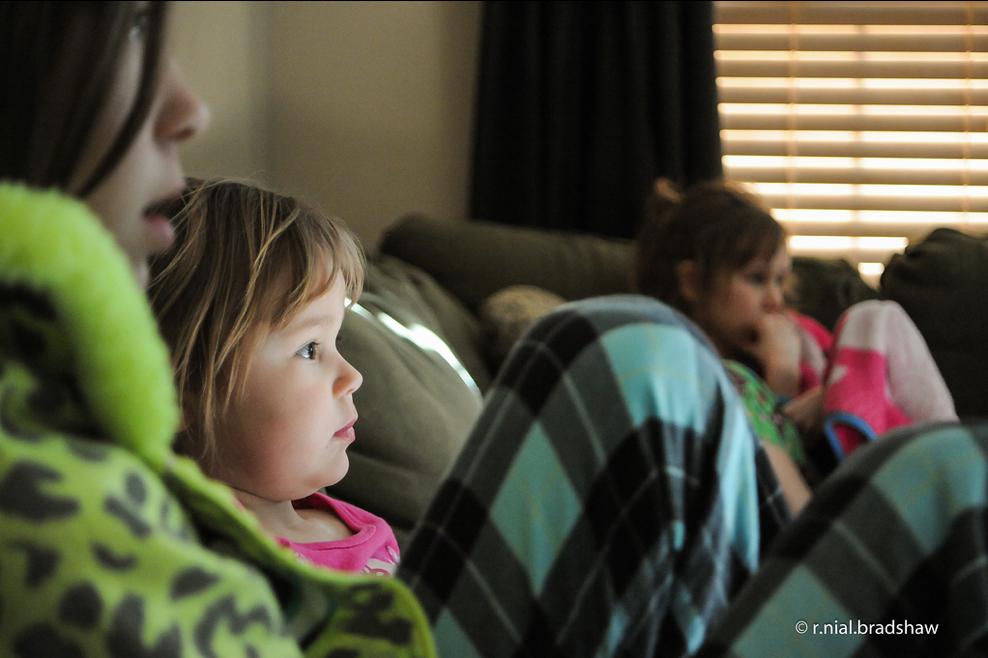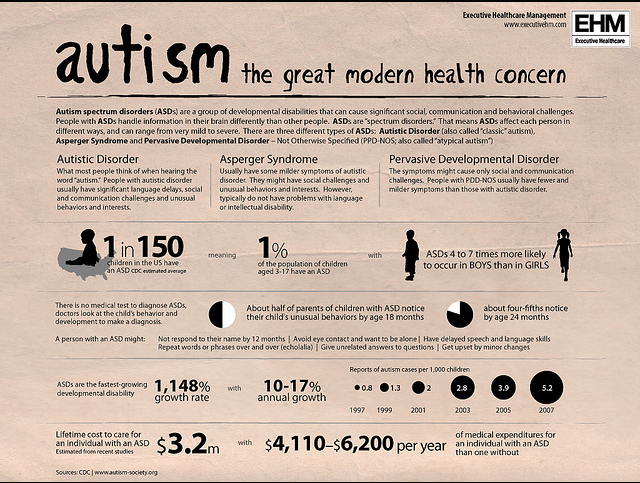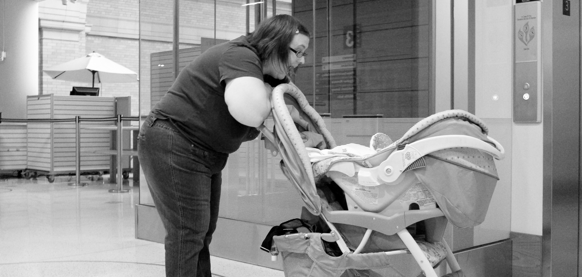Electronics and child development seem to go at war with one another and yet seem inevitable. We all can judge the mom or dad who lets their child watch tv or play on a phone or device but is it really as harmful as everyone says. Here are some guidelines to use:
Rule 1
There is much to be said about all things in moderation, so lets use that as our first rule. Set a parameter. All the time is too much. Never can also be a bit extreme. I am not saying if you have a ‘never’ rule you are doing it wrong. I know my niece watched TV starting as a baby. Her dad always liked it on as a background noise. By the time she was in 5th grade, she could read at a college level as well as accomplish many other brilliant tasks. Not saying your child will have the same results. Just meaning the TV itself did not ruin her mind. With that in mind, expert suggest holding off on electronic until kids are three, so do keep electronic time minimized compared to all the other fun things kids have going on.
Rule 2
Look at what your child is watching. Think about it from their perspective. Really think about it. What are they learning? What information are they gaining? Finding something that is not only interesting to your child but also teaching them some great information, even if it seems none important, is wonderful! This is helping their brain grow. The brain grows in these first few years of life, so yes your son does not need to know random dinosaur facts to succeed in life but having a bigger brain will pay off huge long term.
Rule 3
How engaged is your child? An engaged child is more actively learning. This is what is SO great about smart devices like iPads. It allows interaction. This means electronics and child development reach a different level then they did before with just television.
Rule 4
Monitor your child. Know what time of day works best, what environment, and all the other ins and outs of your child. With our son, we notice if we let him play too long, his tantrums really start to flare. This is not OK. This means he is getting too much time for him, and we have to scale it back. I know it’s harder with the more children you have, but staying on top of it will really make a difference.
Rule 5
Watch what you are watching around your children. Even the news can be a bit much. Think of their sweet innocent eyes. Keep them that way as long as you can.
Articles Related to ‘Electronics and Child Development: 5 Guidelines’
Child Development Milestones: the First Five Years


